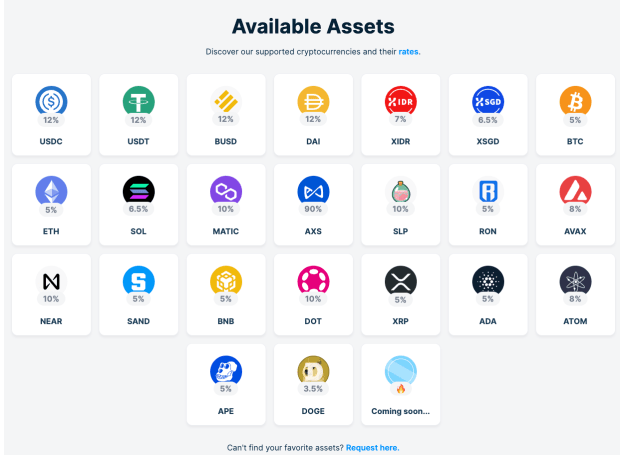With the closing of withdrawals at Celsius and the news of Three Arrows Capital being insolvent, it is more important than ever to hold your own keys.
The below is a free full excerpt from a recent edition of Bitcoin Magazine Pro, Bitcoin Magazine’s premium markets newsletter. To be among the first to receive these insights and other on-chain bitcoin market analysis straight to your inbox, subscribe now.
Over the last week, we have extensively covered the contagion that has taken hold in the broader crypto market, highlighting the events leading to the closure of withdrawals at Celsius and now the insolvency of Three Arrows Capital (3AC), previously a giant in the hedge fund space.
This article will further examine some of the potential knock-on effects of these events.
As the market recovers from the contagion effects of multiple insolvencies, it looks highly likely that all of the dust has yet to settle from the major events.
On June 17, 2022, crypto yield service Finblox, announced it was limiting withdrawals to an equivalent of $1,500/month. The platform offered extremely high yield on crypto assets, and was a portfolio company of 3AC.

Similarly, Deribit, an industry-leading crypto derivatives and options platform announced it has sustained losses due to “market developments.”
“We can confirm that Three Arrows Capital is a shareholder of our parent company since February 2020.
“Due to market developments, Deribit has a small number of accounts that have a net debt to us that we consider as potentially distressed.
“Even in the event that none of this debt is repaid to us, we will remain financially healthy and operations will not be impacted.
“We can confirm all customer funds are safe and the full insurance fund will remain intact as is. Any potential losses will be covered by Deribit.” – Statement posted to Deribit’s Twitter account
With Three Arrows Capital being an early investor on the platform, if Deribit sustained losses from 3AC, it would seem as though the company was letting the firm trade using unsecured funds, given the collateralized nature of derivative trading platforms.
With the recent developments, rumors have been flying, with speculation that multiple crypto lending/borrowing desks have been hit from insolvency.
This is a good reminder for readers to learn the importance of self-custody and the ability to hold your own money with no counterparty risk.
While it is uncertain which firms may have experienced any balance sheet impairment, there is a large possibility of losses across firms in the industry, and it’s likely that we haven’t seen the dust settle.
Shares of crypto custody/borrowing firm Invest Voyager ($VOYG) have fallen 33% over the past two days. The firm’s latest quarterly release showed that the company had lent $320 million to a Singapore-based entity (home of 3AC before relocation). Regardless of whether the loan was to 3AC, the collapse in share price is certainly not a vote of confidence by the market for a U.S.-based public crypto lending platform.
Similarly, BlockFi’s CEO came out with a statement saying the firm had liquidated an overcollateralized margin loan of a client who had failed to meet debt obligations, with no mention of client name or underlying collateral used.
There may be certain counterparties that are safer than others, but the exact risks of most yield providers are opaque at best, and with no crypto-native yield generation arbitrage opportunity currently available (GBTC arbitrage, futures premium, etc.), the risk/reward of keeping your holdings with these platforms has likely never been lower.
Market Implications
Over the coming days/weeks, there likely will be more information as to the damage done. Balance sheet contagion, while natively a byproduct of traditional finance and fractional reserve banking, has hit the bitcoin/crypto market.
This means that large amounts of dollar-denominated obligations exist against a fixed amount of crypto assets that can be pledged as collateral/sold. This is particularly why the market has plunged in the weeks following the crash of UST, and now the failure of Celsius and 3AC.
While bitcoin is already down 70% from its all time high, the increasingly volatile nature of the legacy financial system recently along with the contagion risk spreading around the crypto market signals that more pain is likely to come.
